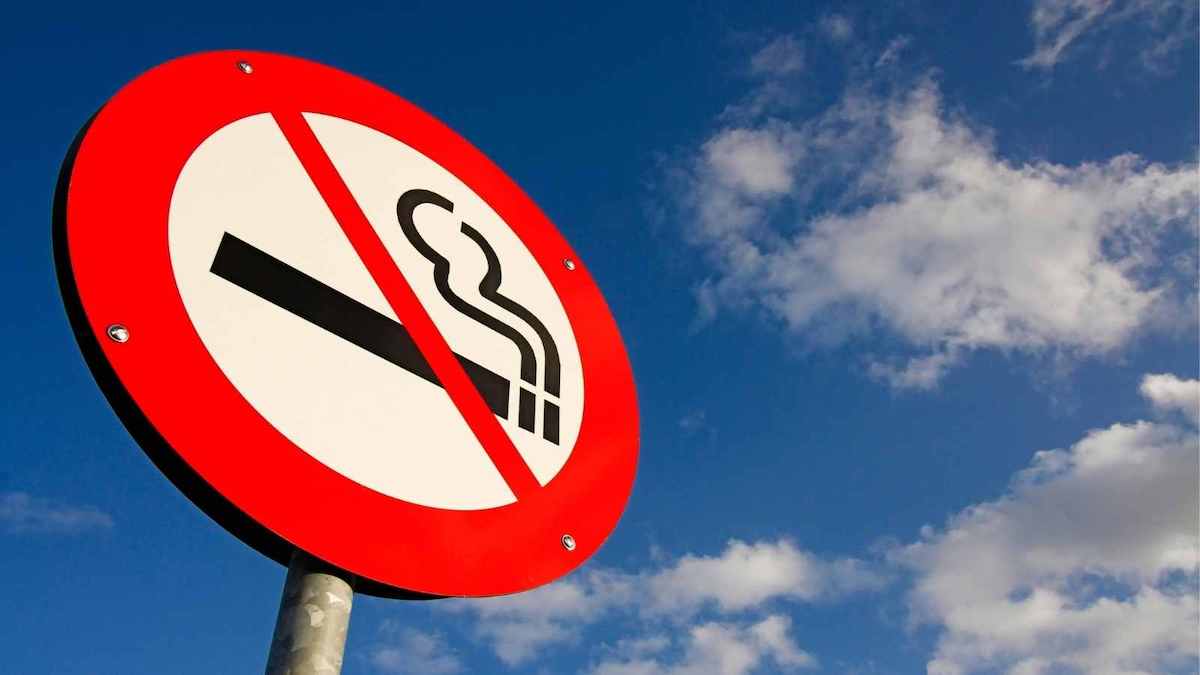
A vast majority of the country has been warned about the dangers of tobacco usage and exposure. Despite national educational campaigns, tobacco use is still the leading preventable cause of death and disease in the United States.
Smoking is a Deadly Habit
Each year, 480,000 people die from smoking, and 41,000 people die from secondhand smoke in the United States. Over 6 million people die annually from smoking across the globe, and 600,000 people die globally from secondhand smoke. Studies reveal that roughly 80% of these deaths occur in low and moderate-income households. While much of the world knows that smoking is closely related to cancer, many do not know that tobacco is one of the leading causes of heart complications and diseases. To bring attention to this little-known fact, as well as other little-known facts, the World Health Organization (WHO) created an annual observance called World No Tobacco Day.
Educating People on the Dangers of Smoking
The aim of World No Tobacco Day is to inform the public about the hazards of using tobacco and to shed light on the hidden business agendas of tobacco companies. The day also aims to educate people about the effort WHO takes in fighting the global tobacco epidemic. A large part of this work is educating the world about the strategies tobacco companies use to persuade people into smoking their products. Annually, tobacco companies spend billions of dollars on advertising, portraying people who smoke as important, trendy, and having other valued traits. In truth, cigarettes are engineered to cause addiction which oftentimes leads to death.
Tobacco use and secondhand smoke are known to contribute to around 12% of all deaths from heart disease and are the second leading cause of cardiovascular disease, second only to high blood pressure (which smoking can also contribute to).
The Health Effects of Secondhand Smoke
World No Tobacco Day also highlights that smokers don’t just affect their health, but that of the people and loved ones around them. According to a Harvard study, “Children who live in households where they are exposed to tobacco smoke miss more days of school than do children living in smoke-free homes.” The CDC reports that secondhand smoke causes numerous health problems in infants and children, including:
- More frequent and severe asthma attacks
- Respiratory infections
- Ear infections
- Sudden infant death syndrome (SIDS)

Nonsmokers exposed to secondhand smoke at home or work increase their risk of developing heart disease by 25–30%. Breathing secondhand smoke interferes with the normal functioning of the heart, blood, and vascular systems in ways that increase the risk of having a heart attack. Even brief exposure to secondhand smoke can damage the lining of blood vessels and cause your blood platelets to become stickier. These changes can cause a deadly heart attack.
What The Wellness Coalition is Doing to Slow Down the Tobacco Epidemic
TWC has emphasized reducing second and third-hand smoke exposure in multi-unit housing and worksites and has created a toolkit called “Increase Profits with a Smoke-free Policy: A Guide for Apartment Owners and Managers” to encourage the adoption of smoke-free policies. We surveyed apartment residents to gauge their indoor exposure to smoking, the existence of smoking policies, and their support for a smoke-free policy. TWC also works with partnered healthcare providers to ensure every patient is screened for tobacco use, advised to quit, and provided resources for counseling and medications.
Celebrate World No Tobacco Day With Us

Join TWC staff in spreading awareness about tobacco among your sphere of influence.
- If you are currently smoking, please call our office at 334-293-6502 to be connected with free, local resources.
- If you were once a smoker and decided to quit, please email Jessica Avant at javant@thewellnesscoalition.org to let us know your story.
- If you live in an apartment, please fill out our smoking policy survey online at nosmokeathome.com.
Quitting Tobacco and Smoking: Free Help is Available
It’s never too late to quit smoking. Quitting smoking now improves your health and reduces your risk of heart disease, cancer, lung disease, and other smoking-related illnesses.
There are many resources available to help you quit smoking, including quitlines, educational materials, and support groups. You can also talk to your doctor about other strategies for quitting that may be right for you.
For support in quitting, including free quit coaching, a free quit plan, free educational materials, and referrals to local resources, call:
1-800-QUIT-NOW (1-800-784-8669)
1-855-DÉJELO-YA (1-855-335-3569) (en Español)
